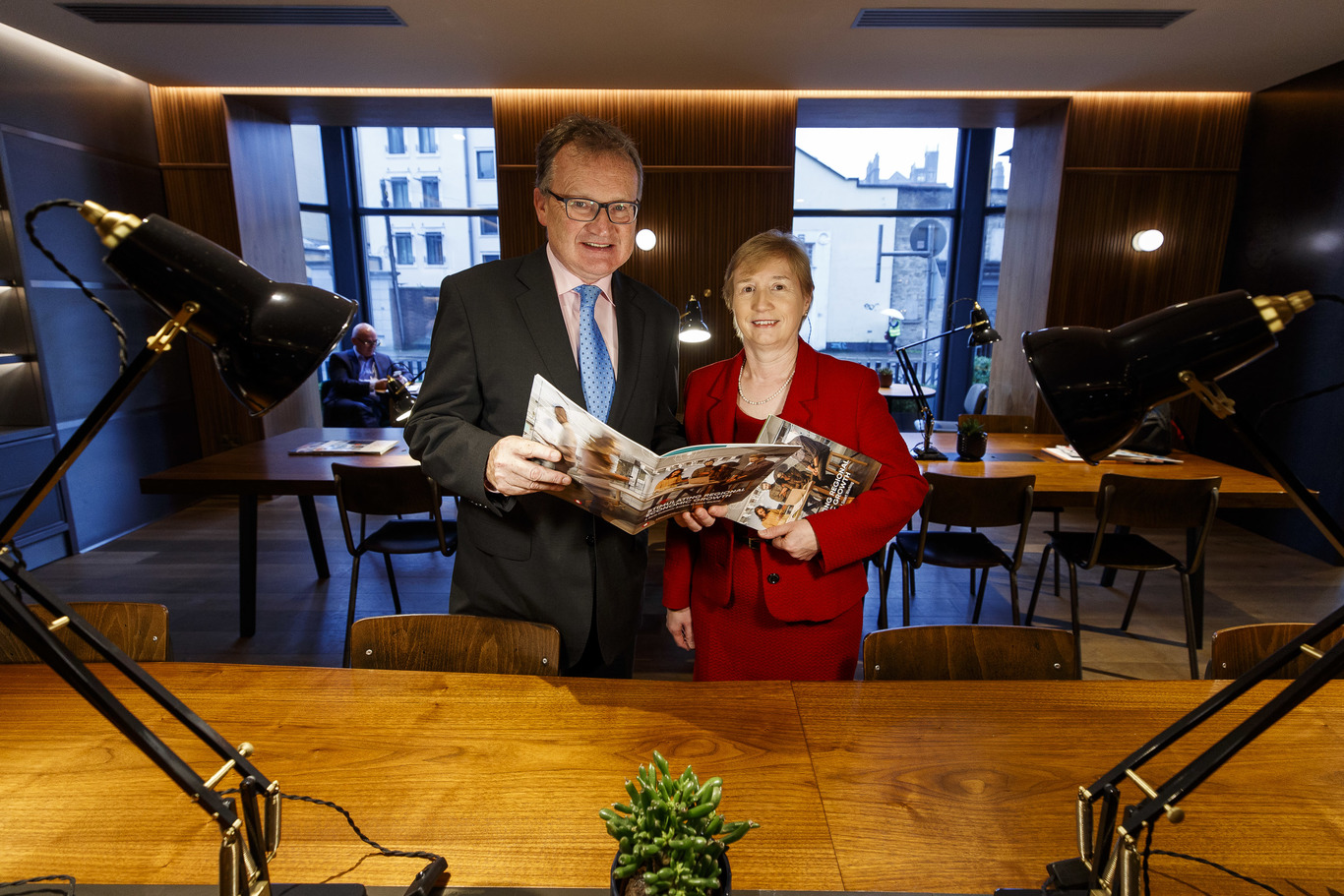Regional hubs could help close the disparity between rural and urban Ireland
A Vodafone report suggests hubs could generate €312 million for the regions.
DIGITAL HUBS DOTTED around the country could close the gap between rural Ireland and Dublin, a new report suggested.
The report commissioned by Vodafone Ireland and written by economist Jim Power found that if each county had a digital hub with spaces for 200 workers, it would collectively generate €312 million for the regional economy and create over 8,400 new jobs.
Digital hubs have been cropping up throughout Ireland, offering services to workers and entrepreneurs including co-working office space, hot desks, access to broadband, kitchen facilities and meeting rooms for a monthly membership rate.
They are seen as a way of providing remote working options and promoting more collaboration.
The Vodafone report comes at a time when companies and the government are considering more flexible working arrangements to reduce pressure in Dublin, as it struggles with rising rents and a tight labour market.
Fora recently reported that Bank of Ireland is rolling out flexible working options to 10,000 of its staff, and next week, the government is expected to unveil a similar scheme for civil servants working in the capital, according to an Irish Independent report.
The analysis published today highlighted a growing divide between the capital and its surrounding areas and regional areas, which began to emerge as the economy began to recover in 2014 following the global recession.
This was illustrated by tracking the value of goods and services produced per person, which is 65% higher per person in the greater Dublin area than the national average.
When the value of goods and services produced in regions were compared, Dublin produced €81.4 billion in 2014 which grew to €109.6 billion in 2017. The western region in comparison produced €12 billion in 2014, which increased to €13.9 billion by 2017.
The study by Power – which studied six out of 15 digital hubs that Vodafone has supplied with broadband – suggested that such facilities also benefit their local economy and promote more collaborative work among occupants.
Speaking at the launch of the report, Ibec CEO Danny McCoy described the 65% increase in gross domestic product (GDP) between 2013 and 2018, as outlined in the report, as “rocket fuel” in the economy and caused problems like the pressure on cities because the country wasn’t prepared for the rapid and dense growth.
Get our Daily Briefing with the morning’s most important headlines for innovative Irish businesses.






